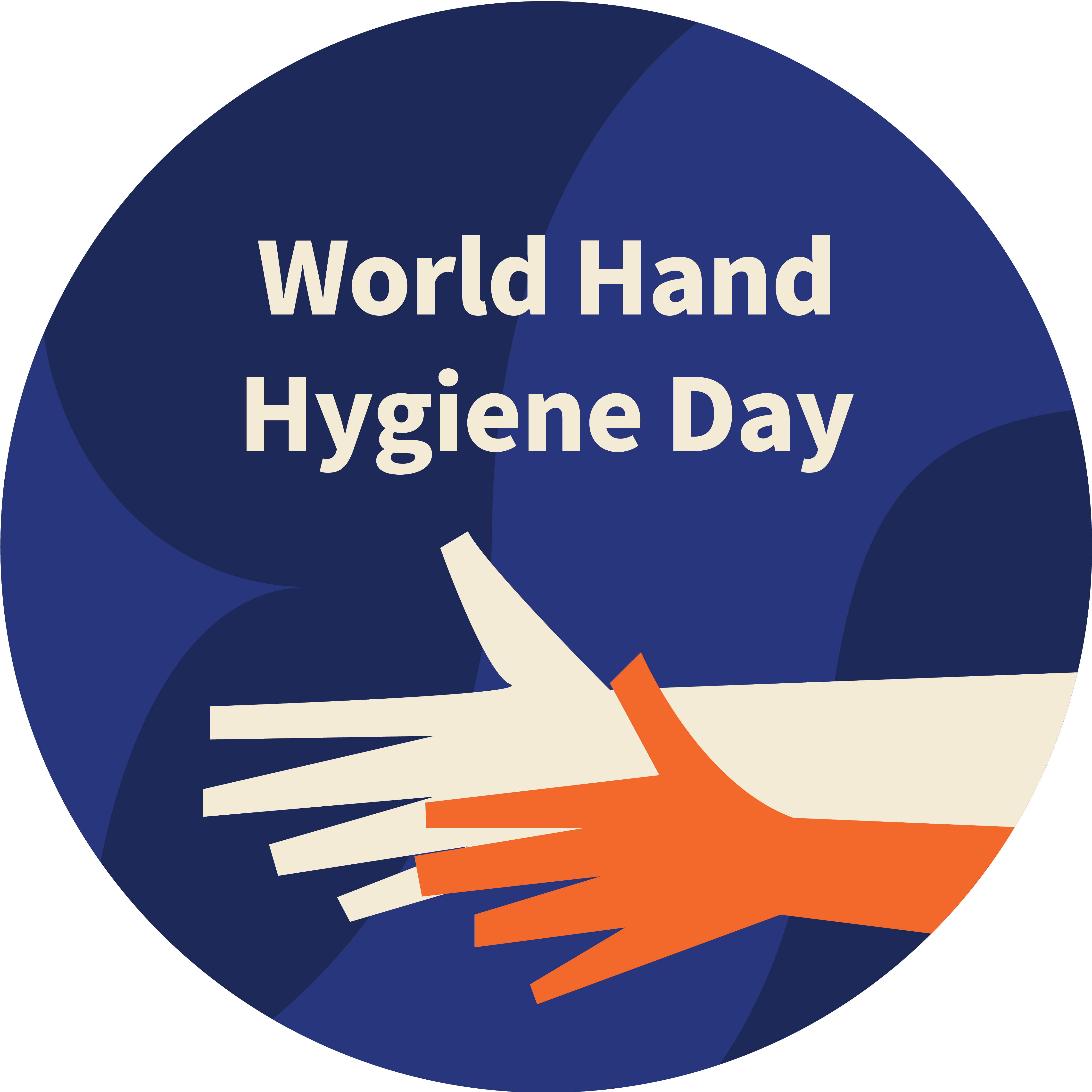Epidemiology of sharp instruments injuries at a dental school in Sudan
DOI:
https://doi.org/10.3396/ijic.v10i4.13335Abstract
Dental practice represents an occupational hazard for injuries and transmission of serious infections and dental students are generally considered at a higher risk because they undertake exposure prone techniques during their training years. No published literature is available on sharp injuries among dentists in Sudan. The aim of this survey was to describe the epidemiology of sharp instruments injuries in dental students at a dental school in Sudan. An anonymous self-administered questionnaire was used to collect data on prevalence, protective strategies, hepatitis B immunization, health status following injuries and post-exposure prophylaxis. The response rate was 100% and females constituted 89.1% (41) of the sample. Thirty-two (69.6%) students reported being exposed to a sharp instruments injury and most injuries (22, 68.8%) occurred in the conservative dentistry department. The main tools causing injury are the syringe needle (16, 50%) and endodontic file (16, 50%). Endodontic treatment was the principle procedure causing injury (15, 46.9%). Twenty-five (78.1%) of students did not report their injury. None have tested for a blood borne virus after injury. Anxiety and stress was reported by 19 (59.4%) students. Thirty-five (76.1%) students were fully vaccinated against hepatitis B. Seven (15.2%) were aware of full details on standard precautions. Forty-two (91.3%) students practiced needle re-capping. The findings of this survey indicate the need for efficient training of dental students that encourages prevention of sharp injuries; compliance with standard precautions; preclinical HBV testing, immunization and efficacy testing; reporting of injuries and follow-up with provision of PEP.Downloads
Downloads
Additional Files
Published
How to Cite
Issue
Section
License
Authors retain copyright of their work, with first publication rights granted to IJIC. Read the full Copyright- and Licensing Statement.




